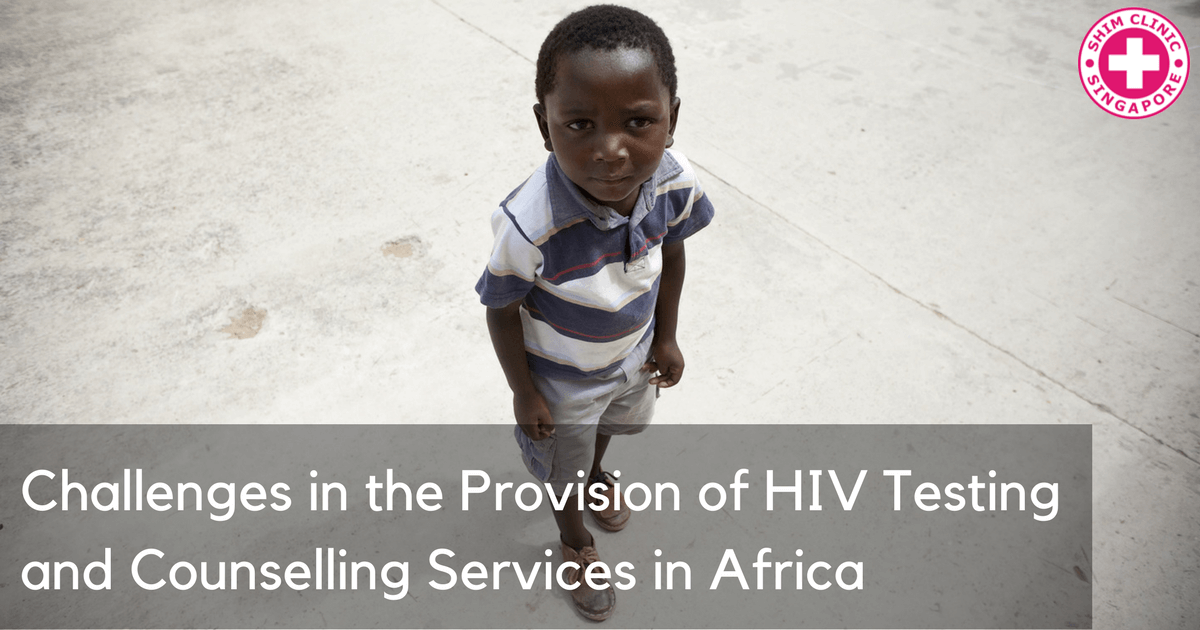Serious concerns have been raised regarding privacy and confidentiality during HIV counselling sessions in Africa. Most countries in sub-Saharan Africa have introduced various HIV testing and counselling (HTC) procedures such as community health based services.
However, most people still continue to go for HIV testing in health facilities. While this is still effective, the biggest problem is the lack of enough human resources.
To curb this problem, some countries have launched task shifting. This method sees lay counsellors and nurses in charge of offering HTC services. However, researchers have found that this method is affecting the quality of HTC services across the continent.
One such country using the task shifting method is Cameroon.
4.3% of Cameroonians Below 50 Years are HIV Positive
Data collected from the Demographic and Health Survey (2011) reveals that 4.3% of Cameroonians of ages 15 to 49 years of age are HIV-positive. Women within the same age group have an almost twice as high HIV prevalence (5.6%) compared to their male counterparts (2.9%).
The Cameroon government is hard at work to prevent the transmission of HIV and other STDs. It has thus made HTC services a priority.
A study conducted in the country, however, found that there were lots of challenges affecting the provision of HTC services in Cameroon.
The study involved two data collection methods. One was semi-structured individual interviews that targeted 6 nurses and 16 lay counsellors. The second method was a non-participant observation of the physical environment where HTC services are offered.
The observations were done at prevention and voluntary testing and counselling centres (PVTCC ) at six district hospitals located in Douala, Cameroon’s capital. The researchers chose these six health centers because they are publicly funded and they are responsible of implementing national health policies. They also conduct most of the HTC services in Douala.
Confidentiality and Privacy are Major Issues
The study found that privacy and confidentiality counselling sessions was a major concern because of inadequate and limited space used. In most of the facilities rooms were either too small making patients uncomfortable or were being shared among two counsellors. Privacy issues affect confidentiality and this makes HIV counselling sessions less effective.
The second concern was inadequate and ill prepared human resource. The study found that there was no accredited training curriculum in place to train and certify PVTCC staff. This meant that the lay counsellors were working without any formal training.
The lay counsellors, who do most of the HIV counselling, were also overworked and offered no remuneration or recognition. Lab workers were also overworked and this led to delayed HIV test results. Some results were also not returned affecting the counselling process all together.
Need for Quality Assurance
The researchers are calling upon the Cameroon health authorities to recognise these challenges affecting the success of HTC services and introduce a HIV quality assurance program across the country.
The importance of high quality HTC cannot be stressed enough. The better the services the higher the rates of early detection of HIV infection will be. Early detection has been proven to improve quality of life among HIV positive patients due to early onset of treatment.
HTC is also important in providing information on HIV testing and treatment. The information provided during counselling is also important in promoting HIV prevention methods. It’s therefore important that African countries give proper attention to high quality HTC services.
Source: BMC International Health and Human Rights

